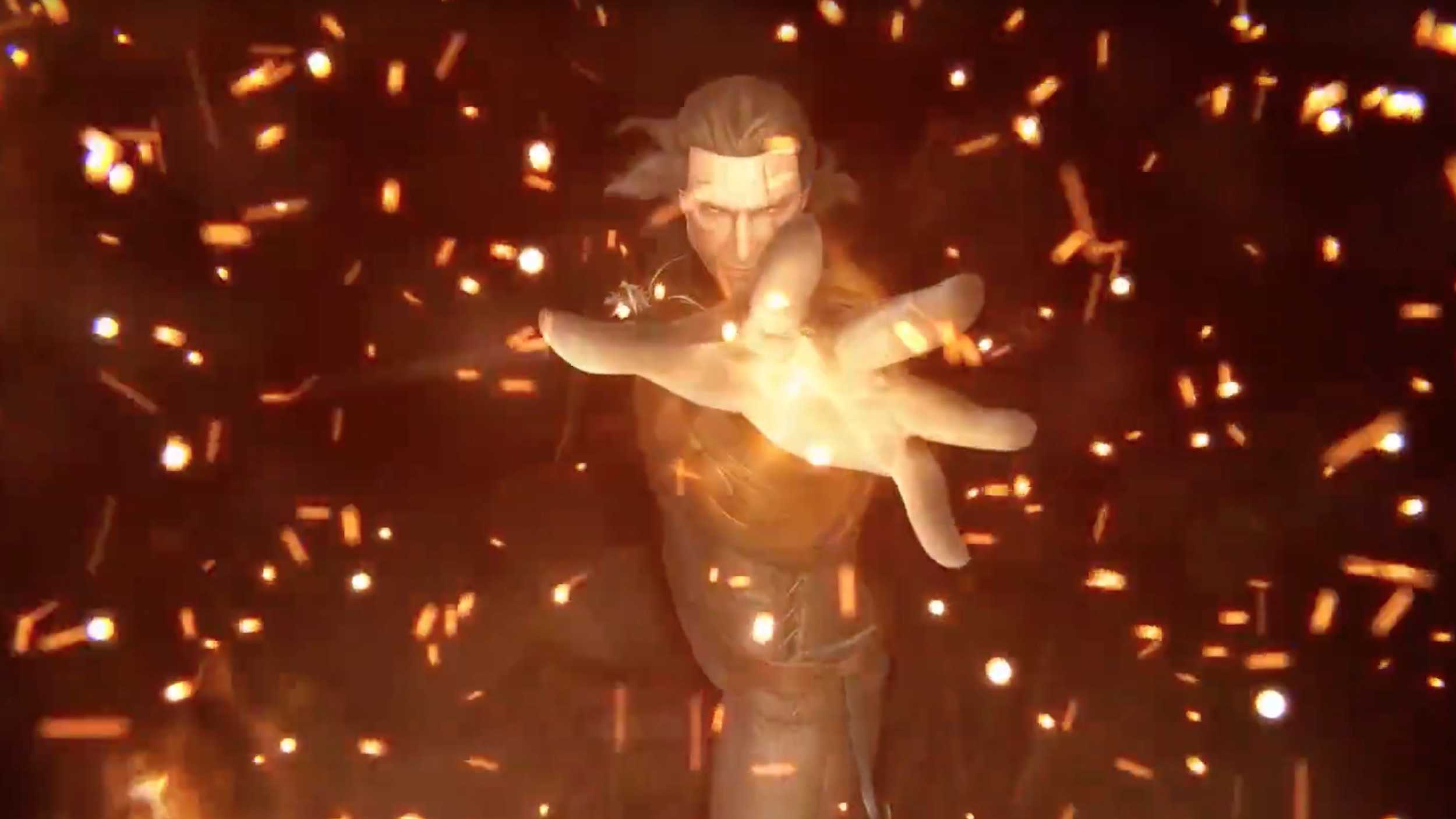The Witcher series of games are easily some of the best action role-playing titles available on the market. The newest and best of the lot, The Witcher 3 (2015), is revered for its incredible visuals, pushing the boundaries of explicit sexual content in games, spawning a full fledged online trading card game, releasing with one of the best physical collector’s editions ever produced for a game, and for featuring a complex character with an engaging story. With this in mind, the news of Netflix’s Witcher television series is gobsmackingly incredible!
Netflix’s Witcher television series will be produced and developed as an English-language show, one based on the series of fantasy novels by Polish Writer Andrzej Sapowski. Known collectively as the Witcher Saga, Sapkowski’s New York Times bestselling novels and stories center on “witchers” – hunters who develop supernatural abilities at a young age to battle deadly monsters. These are the same novels that form the base of all of CD Projekt Red’s highly acclaimed Witcher games.
Similar to how George R. R. Martin’s A Song of Ice and Fire saga features incredible detail that allows the novels to be turned into one of the most successful television series of all time; Netflix Vice President, Erik Barmack, feels that the same is true for the Witcher saga. He says that Sapkowski’s work has “created a rich and memorable world, at once magical and familiar”. Given the quality and genre defying nature of Netflix Original programming, like Stranger Things, The OA, Narcos and House of Cards among many others, the excitement for Netflix’s Witcher is almost palpable! If there is one studio that I would give money to in order to bring Geralt and the lands of Rivia to life, it would absolutely by Netflix.
It is also good to know that Sapkowski is fully on board for Netflix’ Witcher adaptation. The author has said that he is “thrilled that Netflix will be doing an adaptation of my work” especially because they will be “staying true to the source material and themes that I have spent over thirty years writing”. This certainly bodes well for everyone who enjoys Sapkowski’s work, and even more so for gamers who have enjoyed CD Projekt Red’s games – the closest medium we have to envisioning the lands of Rivia and a ‘live-action’ Geralt.
Sapkowski will also serve as a ‘creative consultant’ for the new series, alongside executive producers Sean Daniel (The Mummy franchise, The Expanse) and Jason Brown (The Expanse). The series will also be made with help from Tomek Baginski (Oscar nominated short The Cathedral, BAFTA winning The Fallen Art, Ambition) and Jarek Sawko (The Fallen Art, Another Day of Life) from Platige Image – the premiere Polish production and visual effects company.
I personally hope for two things regarding Netflix’s Witcher series. The first is that I would like to see Netflix follow a visual style that is similar to the expertly crafted universe created by CD Projekt Red. I feel that disregarding their talent and expertise would be a colossal waste, and that their input would be invaluable to the series going forward. Secondly, I honestly hope that the show will follow a serialised form of storytelling (similar to Stranger Things, American Gods and Game of Thrones). The kind of series whereby you need to watch each episode in order to follow the story and character development. I think the source material would be better suited and adapted this way, versus a procedural series with a new enemy to face in each episode (like CSI, Grimm or Supernatural). I guess we will find out soon enough (no release date, just yet).
The news that the world’s foremost streaming service is investing in a property that gained its notoriety from video games, is phenomenally exciting. Here is hoping that this may be the start of the golden age of video game to television adaptations, because we all know that movies have done nothing more than disappoint.
[Sources: Arstechnica, Deadline, Eurogamer, Netflix, The Verge]
Owner, founder and editor-in-chief at Vamers, Hans has a vested interest in geek culture and the interactive entertainment industry. With a Masters degree in Communications and Ludology, he is well read and versed in matters relating to video games and communication media, among many other topics of interest.










